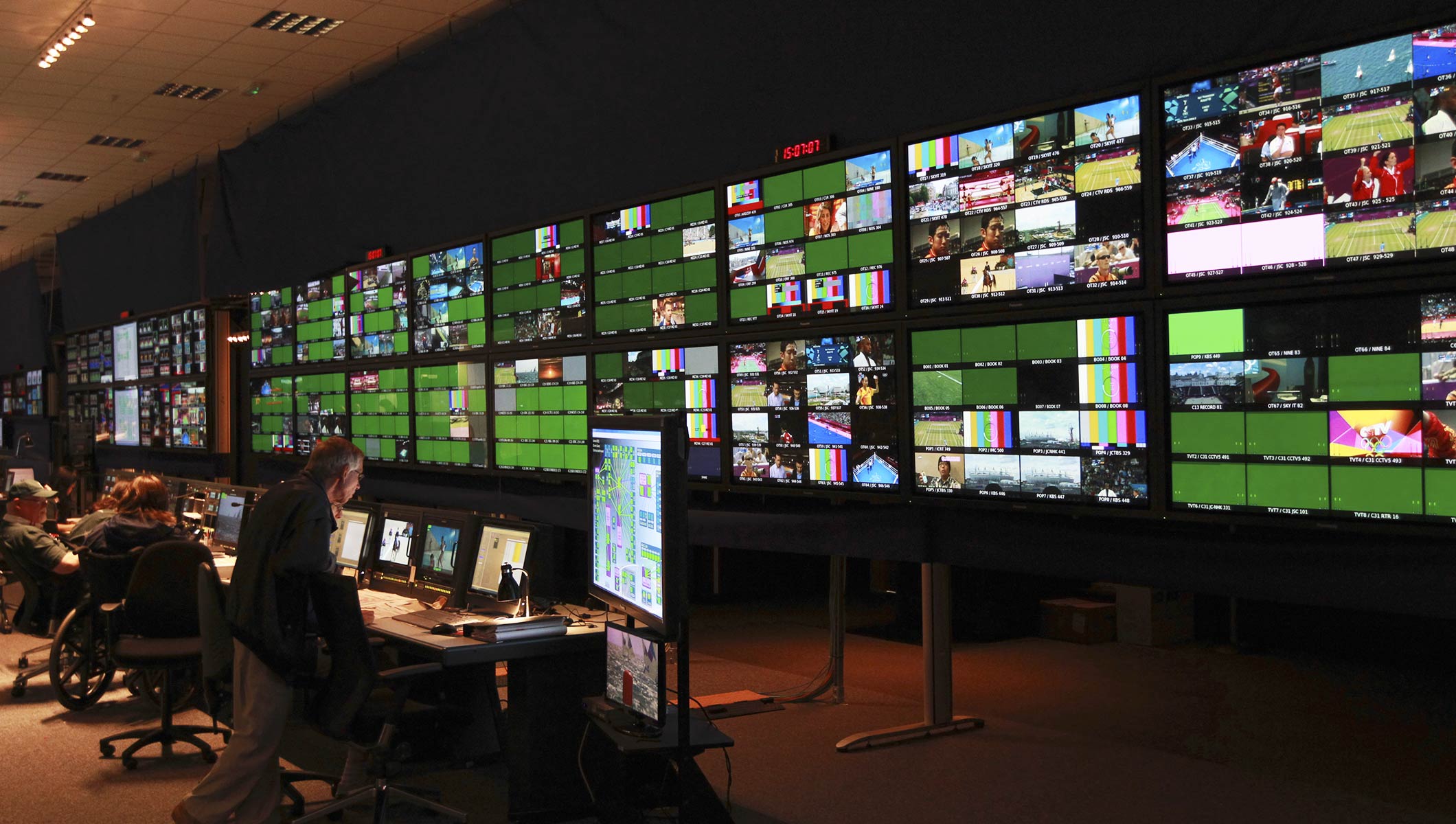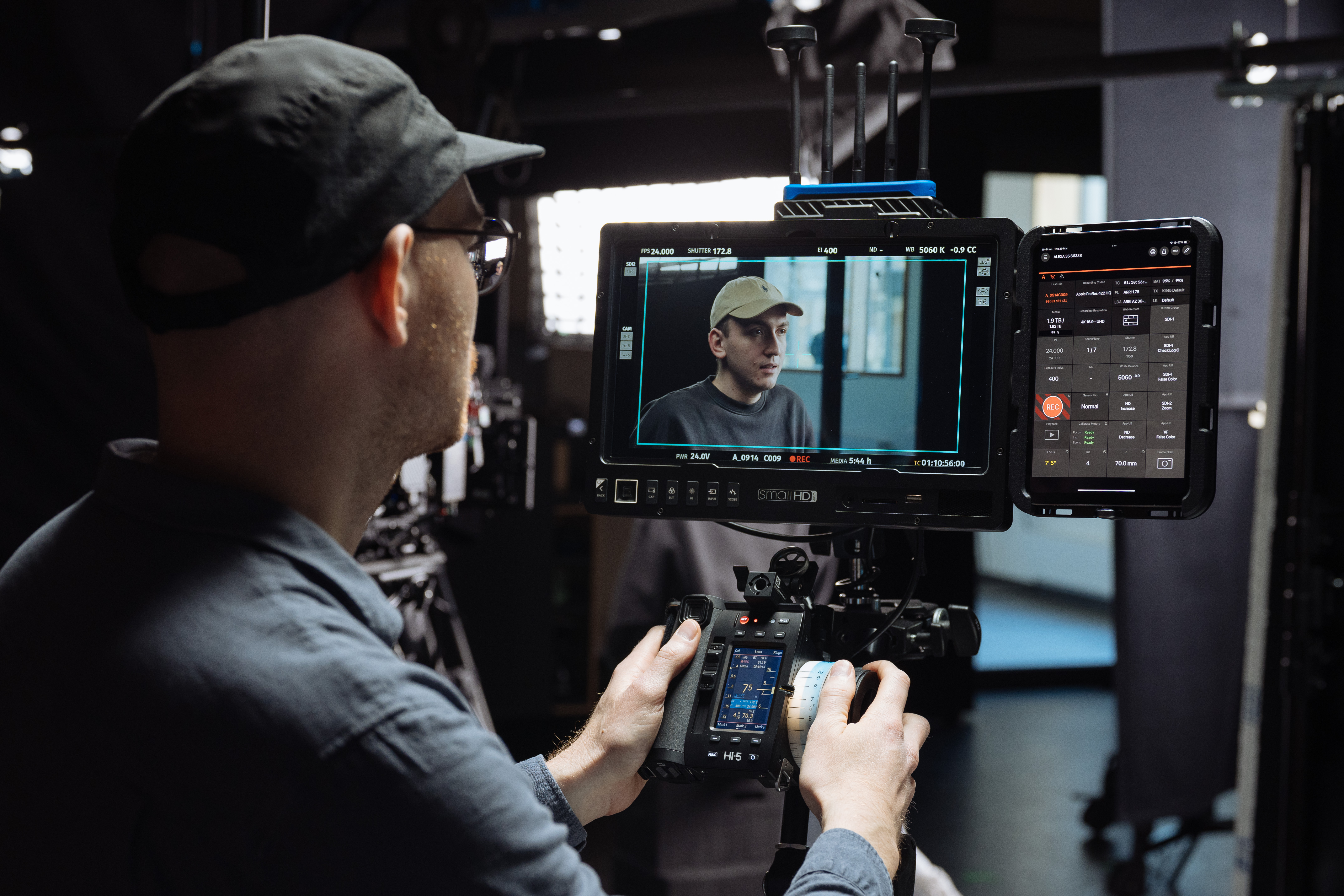Olympics Broadcasts to Rely More on Remote Production
NBC, and international broadcasters, have shifted their strategies for the rescheduled 2021 Tokyo Olympics

The rescheduled Tokyo Olympics are just about four months away, and while COVID-19 vaccines are being rolled out across the world, the pandemic is still going to have an effect on how the games are produced and brought to viewers.
In a roundtable discussion with NBC, Canada’s CBC and Germany’s ZDF and ARD, broadcasters revealed how their plans have changed as a result of the year-long delay and ongoing pandemic. The main takeaway, like so many other major productions, is a shift to remote workflows.
PLUS: ESPN MLB Broadcasts to Be Remote Productions
Gary Zenkel, president of NBC Olympics, says that the planned programming for NBC’s coverage of the Tokyo games is not going to be noticeably different than what it would have been had the Olympics gone on as normal in 2020. However, behind the scenes, more production will be done from the U.S. than would have occurred in 2020.
“We’re probably moving home about 10% of the workforce who would have been in Tokyo,” said Zenkel. “And there is a corresponding increase back home.”
NBC will still have commentators and editorial crews on-site to provide the usual venue presence and coverage on the athletes and the host city.
Similarly, the CBC and Germany’s broadcasters are also hosting more of their productions from their home bases. CBC estimates that it will have about 130 people in Tokyo for the games, down by about 250 from what it has had at recent Olympics. Germany, for the first time, will have the majority of its production take place remotely.
Get the TV Tech Newsletter
The professional video industry's #1 source for news, trends and product and tech information. Sign up below.
All of these countries have experience with remote production elements during the Olympics, but these games will be the largest effort to date.
NBC’s Zenkel admitted that they previously thought there would be a barrier with having the production crew separated from the venues and being immersed among the athletes, coaches and fans; what he believed were crucial elements of its presentations.
“[B]ut what I think we’ve discovered, because we were required to, is that the presentation remains very, very compelling,” he said. “We’ve overcome the fear. Then, there’s been some clear advancements in the process and the technology that’s been utilized to make this work.”
Beyond the 2021 version of the Olympics, when the pandemic is no longer an issue, all of the participants believe that there will be increased remote production elements for future games, but that there will always be a certain level of production on-site at the Olympics.
The full interview is available through www.olympic.org.
